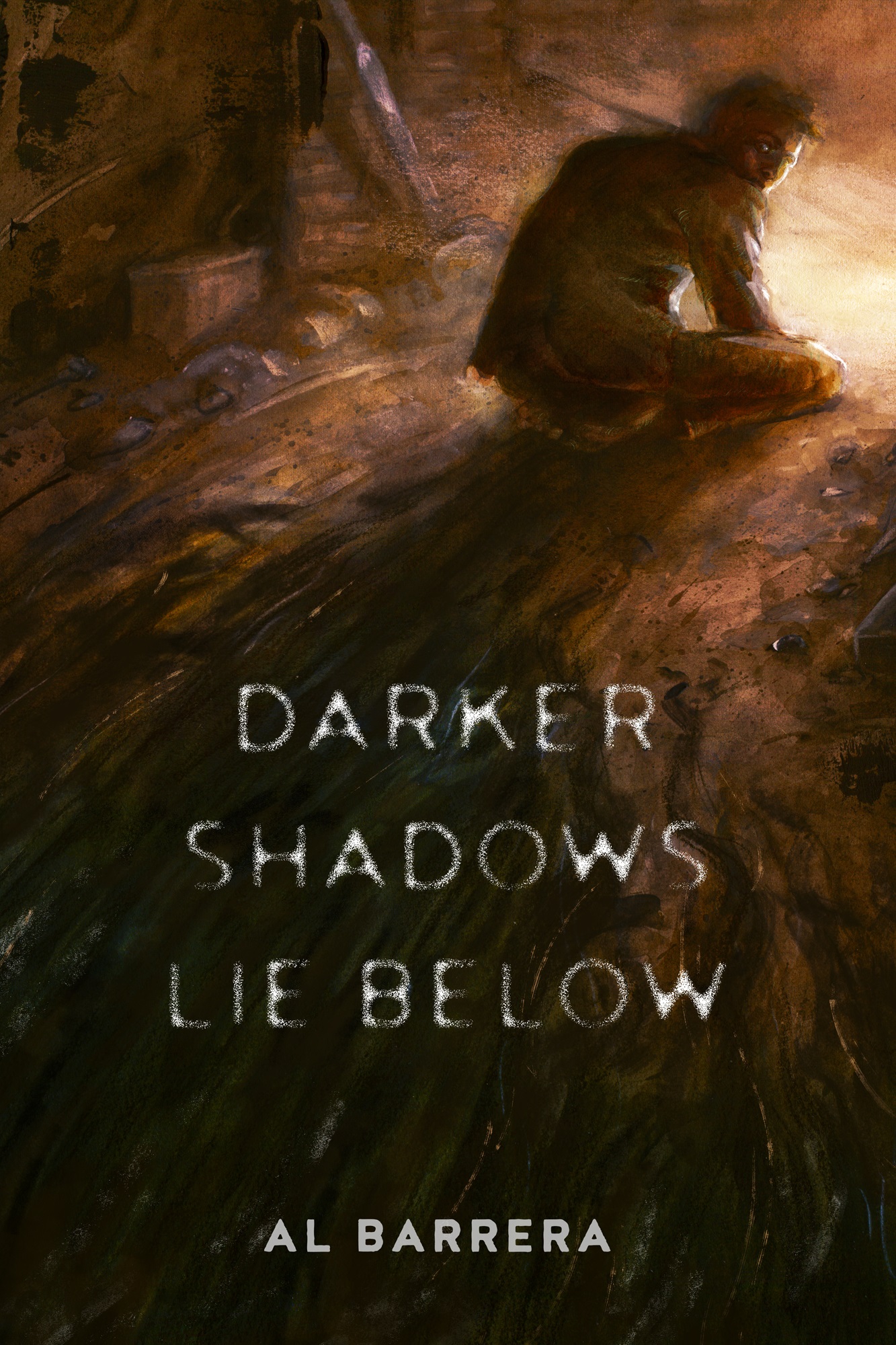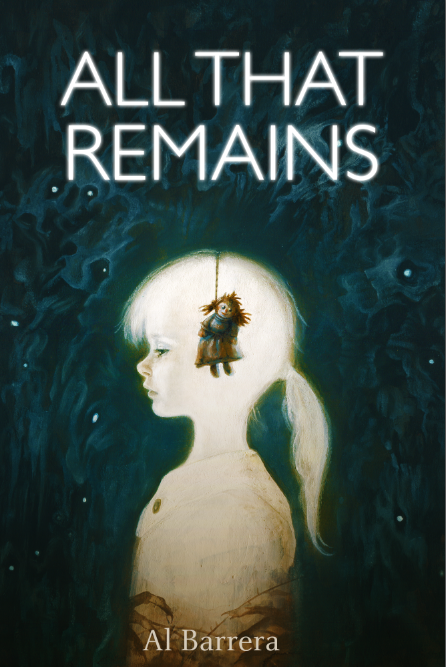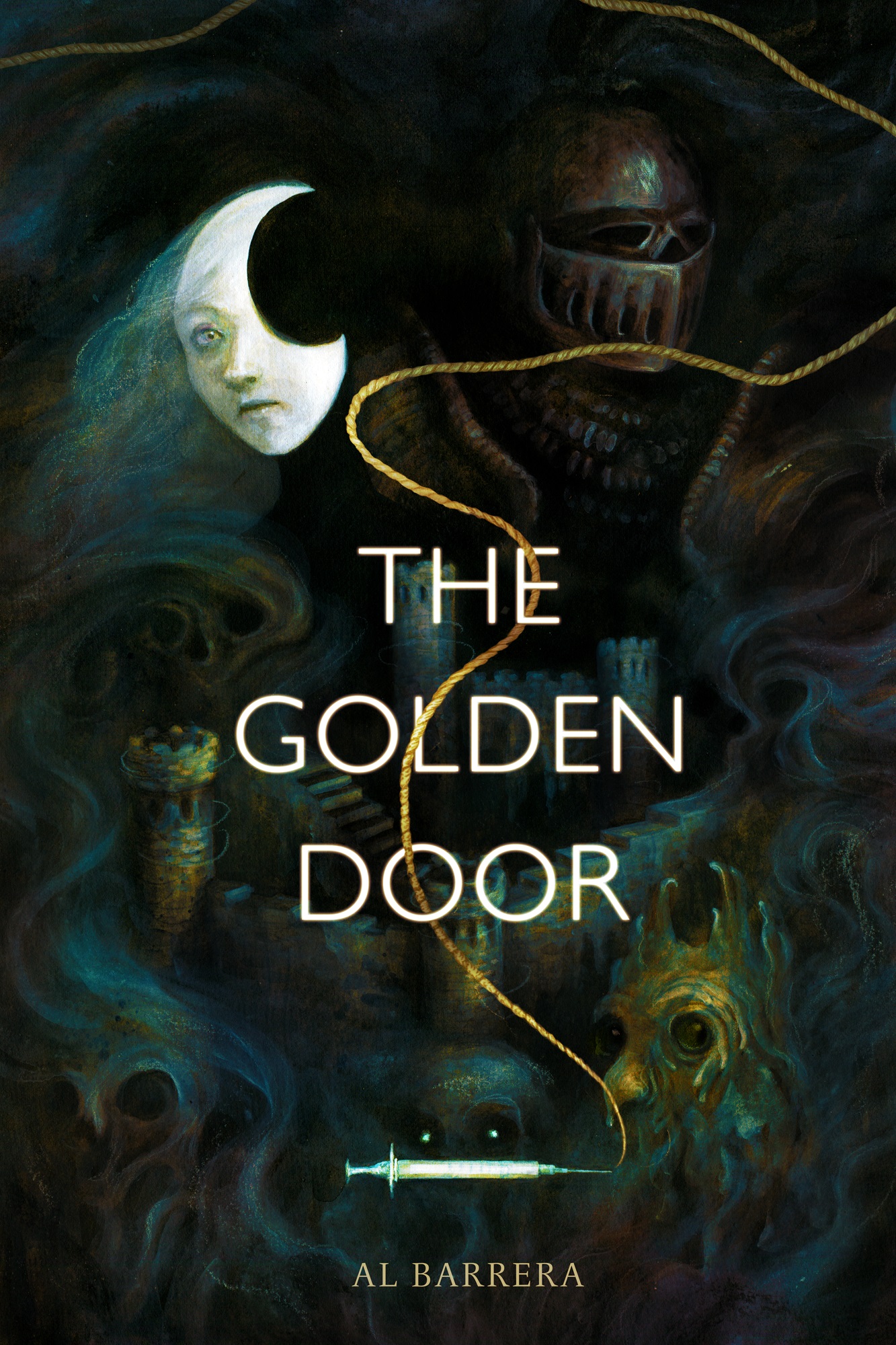At the end of July I got my novel back from my editor. It was quite the humbling experience. What I had up to that point was pretty darn good, if I do say so myself, but seeing all the red ink and suggested fixes was a clear indicator that I still have a lot of work to do. I know I’ve said it before, but it bears repeating- editing makes a novel. No, it doesn’t just clean up a novel, it makes it. Editing builds it. Turns it from a collection of coherent words divided by poor punctuation (personal problem) into a good story people will enjoy.
The ending of Darker Shadows had to be changed. I liked what I had before this round of edits. My bad punctuation aside, the last 10% of the book was good, it just didn’t fit the tone of the rest of the book. If that were the ending to a slightly different book I’d have been delighted. I wasn’t comfortable with it. Some of my beta readers liked it, but others didn’t. The final straw came when my editor didn’t like it. She’s the deciding vote in every decision I make with this book. Because she was able to point out the problems with it where I couldn’t, I was able to come up with something different. Something much, much better. I don’t feel shy about saying that this new ending is going to knock your socks off and scare the bejesus out of you, friend.
I don’t agree with her on everything, and that’s okay. On more than one occasion she fixed something and I decided not to accept the change. Don’t get me wrong, 98.99999% of her fixes were accepted almost immediately. My advice with this blog post? Unless you can clearly explain why you didn’t agree with your editor, you should accept their changes. Even when you can articulate your counter points, you should strongly consider their advice.
EXAMPLE
Bill walked down the street to the corner, same as always. “Always walking, always got somewhere to be. I wish I had a car.” His sister had gotten a car. She always got everything she wanted. Mom and Dad just up and forgot they had a son once that blue eyed little lady showed up. He spit on the sidewalk as he walked. Lost in thought, he didn’t see the man walk around the corner. They walked into each other. The man stumbled back and fell to the ground. Bill kept walking, an asshole as always.”
That example is laughably bad– I think I’d always walk off a cliff before I put something like that in a book– but the point gets across. This paragraph is ripe with unintentional repetition. Writers aren’t always aware of things like that when they work. Sometimes I’m so caught up in what’s happening in my story that I don’t see what’s going on the page. Editors notice things that so readers don’t have to. If you fought to keep that short paragraph unchanged then you’re wrong. Not, “Oh maybe it could work if…” No. Wrong. Stop it. Listen to your editor.
On the other had…
EXAMPLE
BEFORE
This guy seemed high strung enough without something like this happening.
AFTER
The guy was high-strung enough without something like that happening.
FINAL
The guy was high-strung enough without something like this happening.
This example is taken directly out of Darker Shadows. As you can see, there were a couple changes to that sentences. I accepted one, but I didn’t change the “this” correction in the final version. I think using “this” draws the reader in and makes them feel like they are part of the narrative. Additionally, I feel like using the word “that” feels a little clunky in this particular narrative sentence. Technically, the change is correct, but I decided against doing it.
I declined the change in this draft, but as you can see I explained why. (I also explained it in a side note to my editor) If you want to disregard a piece of advice from your editor, I highly suggest that you do the same. Who knows? Your editor might come up with a clear counter point that makes you see it from their perspective in the next draft. You don’t owe your editor an explanation, but you owe yourself and your readers one.




